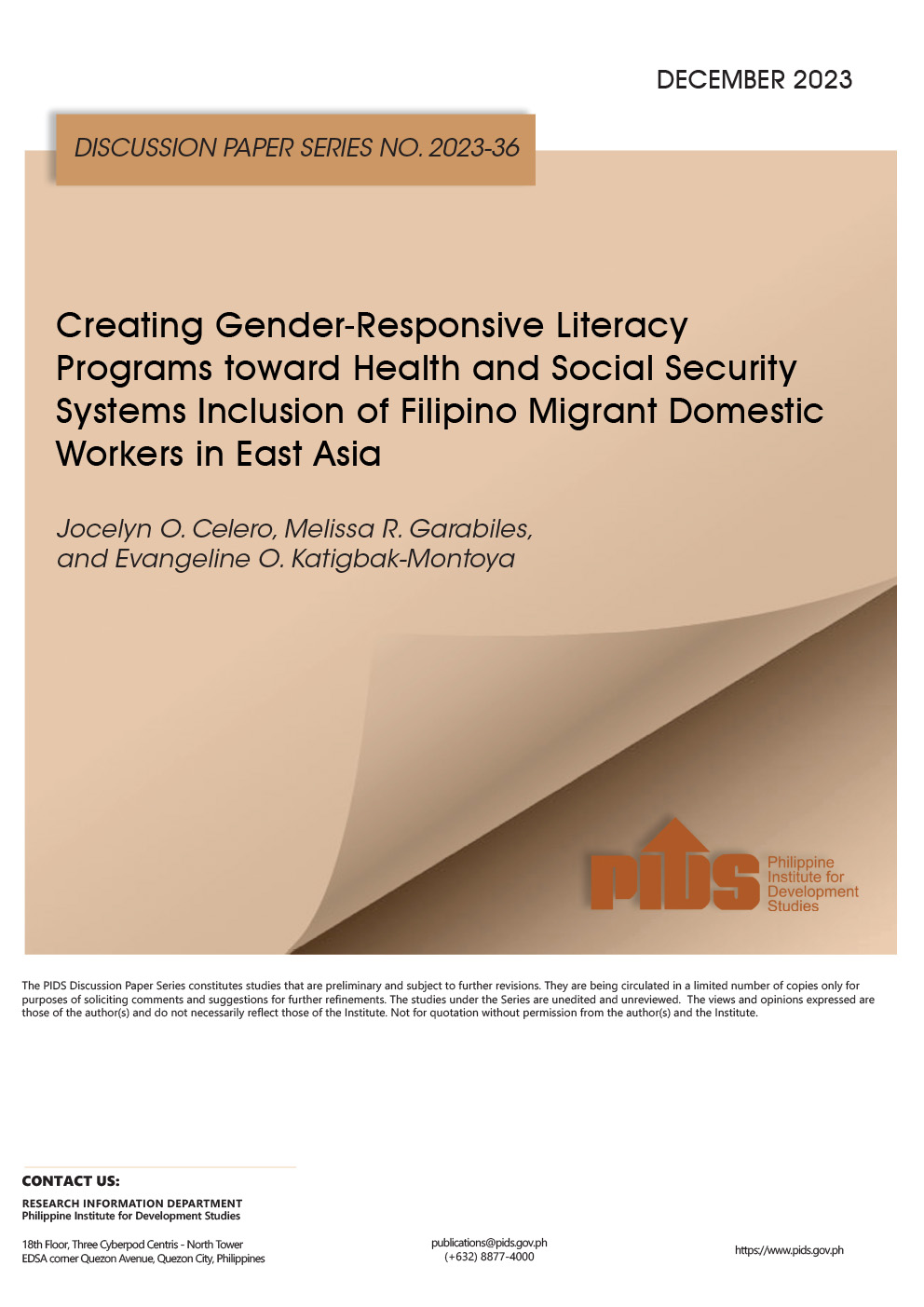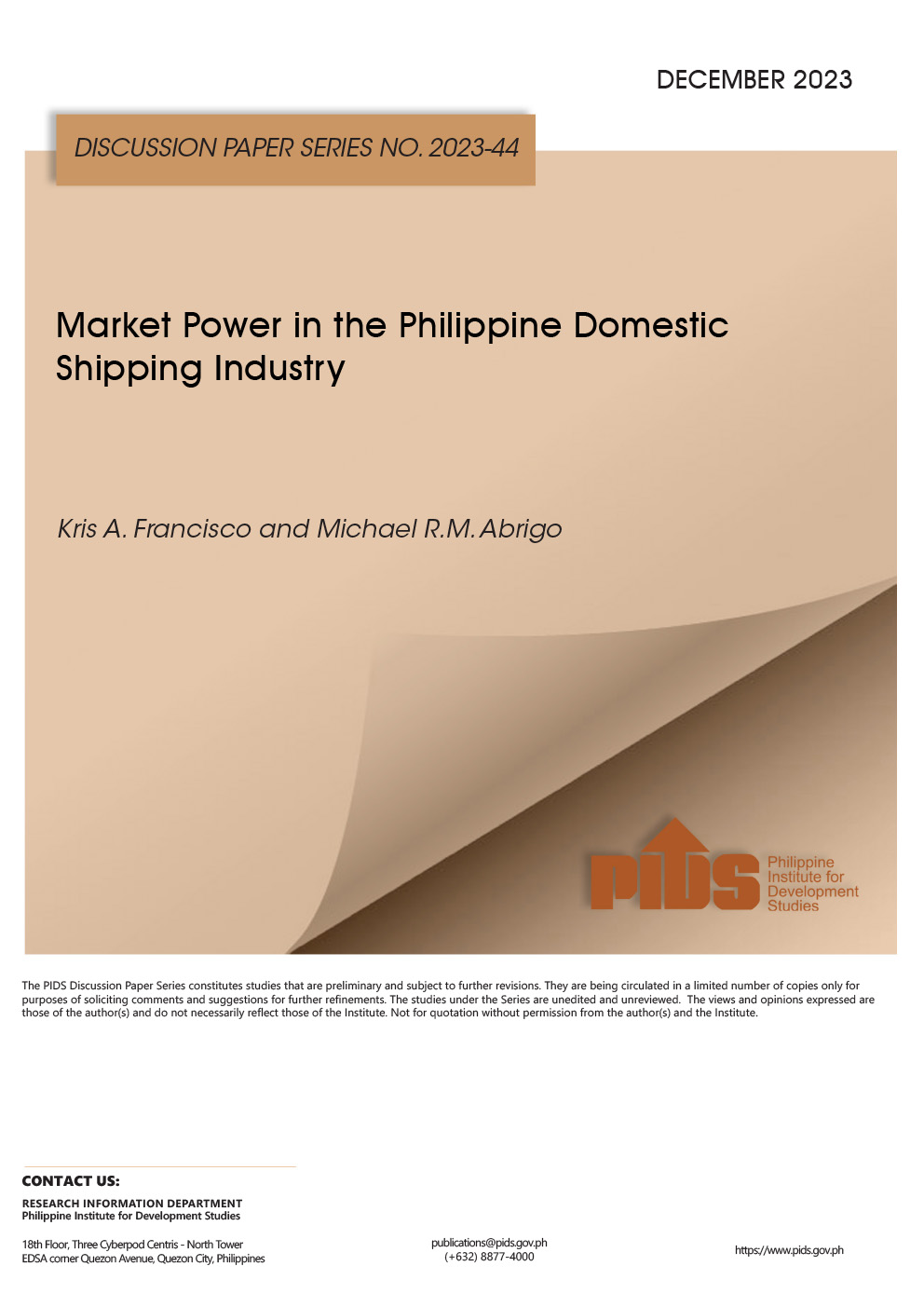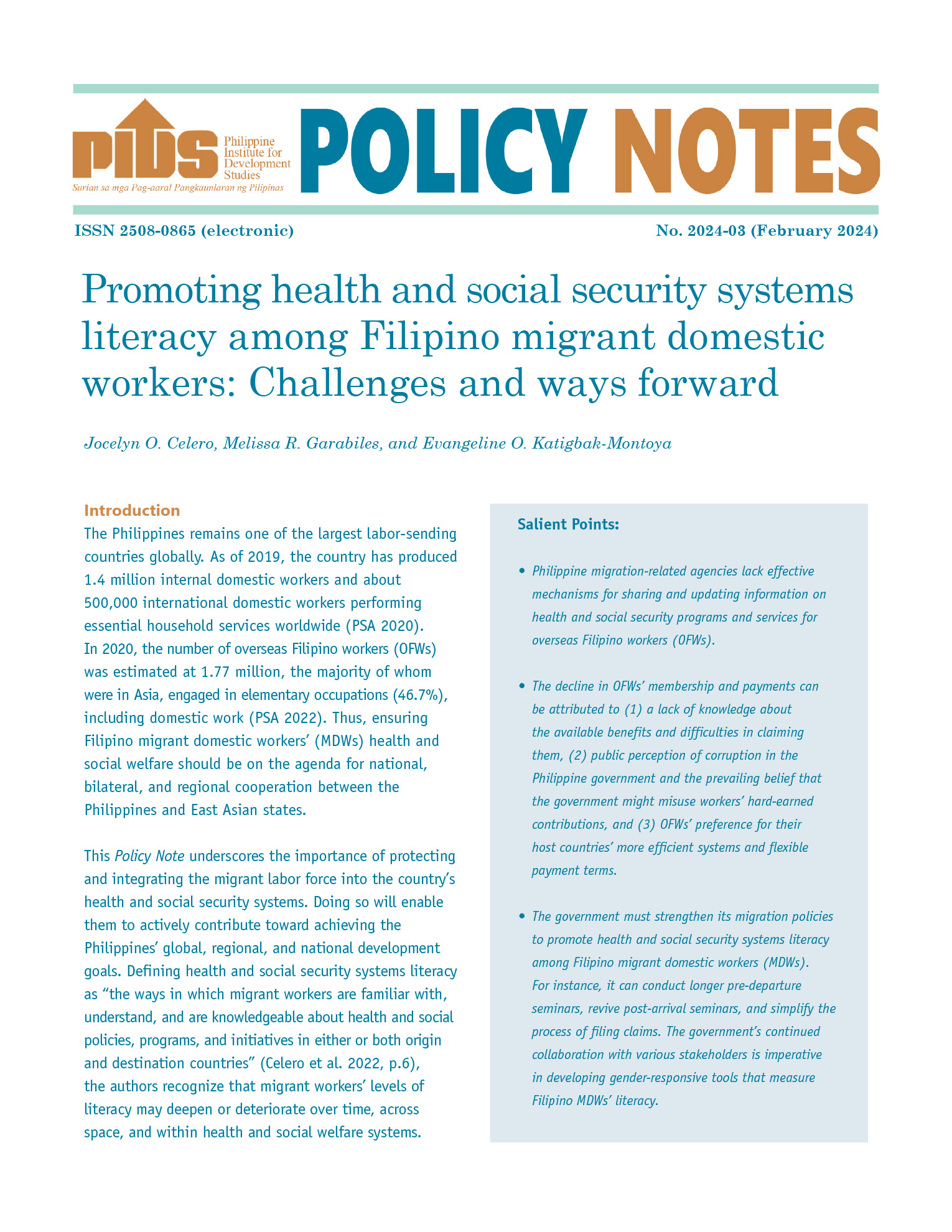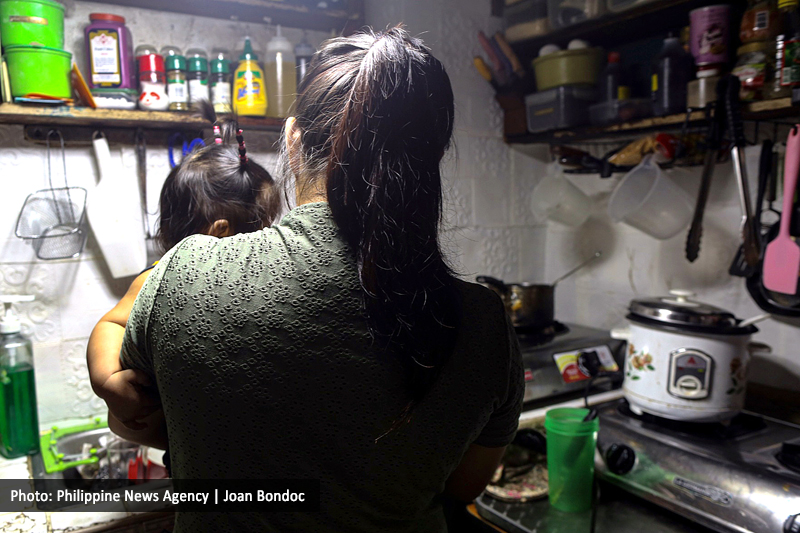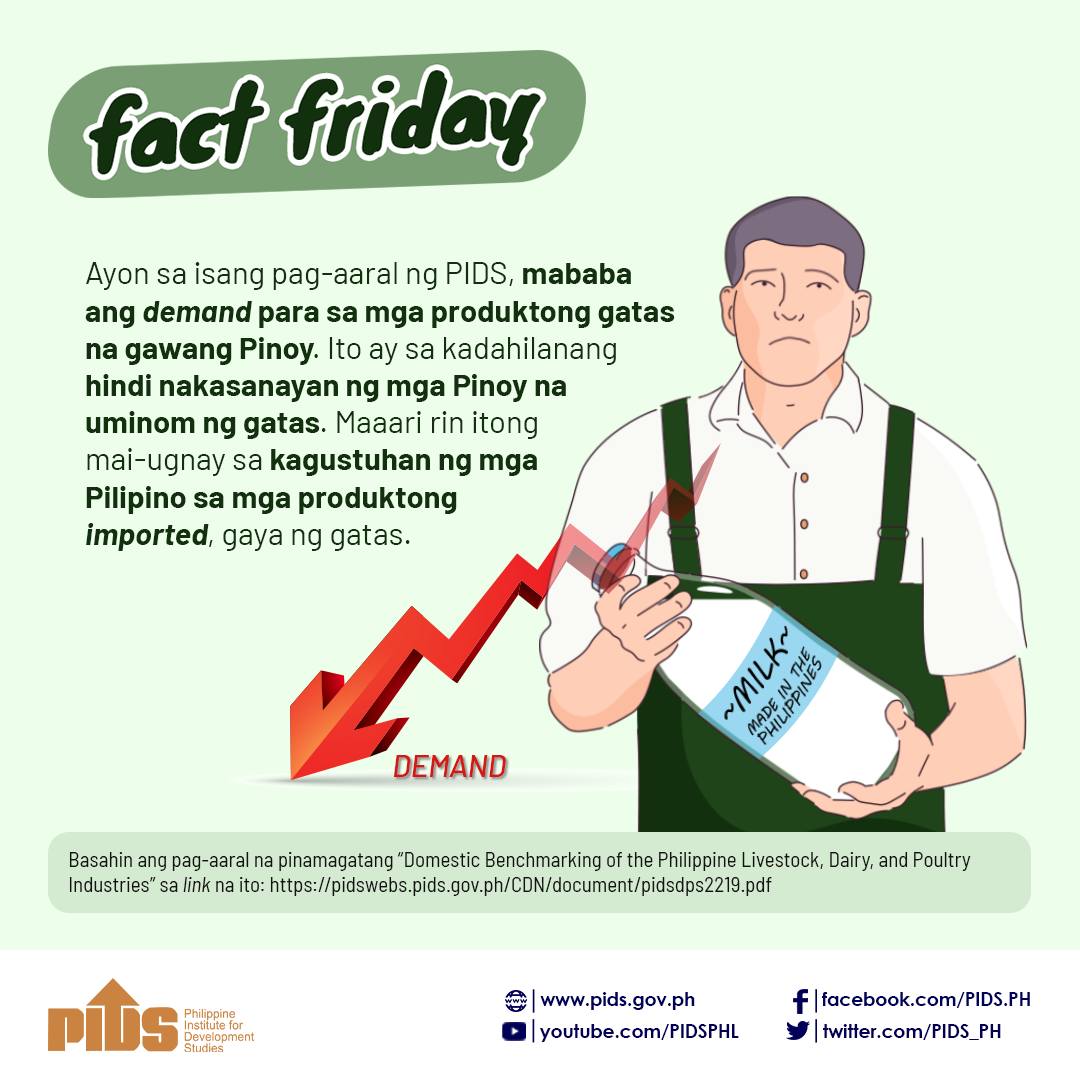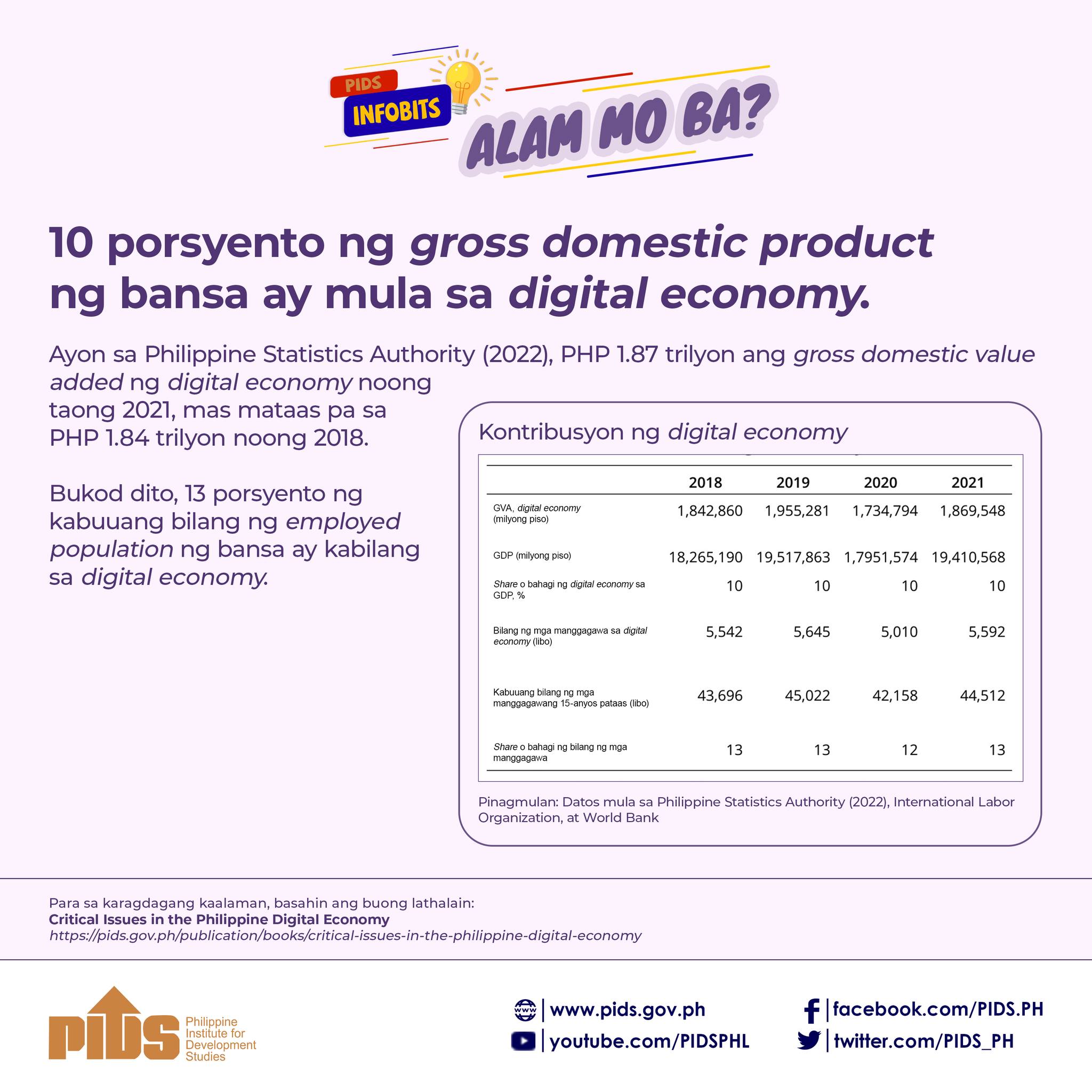To prepare the country for the upcoming Asean Economic Community (AEC) in 2015, the Philippines needs to improve its domestic conditions, upgrade its capability and ease domestic constraints in order to fully maximize the benefits of regional trade agreements (RTAs). Further, the country needs to be open to the possible negative impacts of being left out from certain RTAs and missing out opportunities from positive investment and trade creation as a result of joining RTAs. This was raised by the Philippine Institute for Development Studies (PIDS) senior researcher Dr. Erlinda Medalla who advised Philippine companies to be open to possible RTAs but reminded them to stay cautious and selective in choosing their partners at the same time. With its vision to create a single Asean market and production base, the Asean integration process is intended to address core issues such as small market, transactions costs, policy consistency and stability and domestic issues, particularly those related to priority integration sectors. Medalla then said that AEC justifies liberalization and investment facilitation as an attraction to foreign direct investments. She cited a survey that 72 percent would expand their businesses in the Philippines, about 60 percent of which identify Asean as a significant factor in investment decision. Since services could be considered as one of the Philippines’ strength, she said that trade liberalization in services has been negotiated under the Asean Framework Agreement on Services (AFAS), which primarily focuses on key priority sectors such as air transport, e-Asean, health, tourism and logistics. AFAS shall also cover the liberalization of business services, professional services, construction, distribution, education, environmental services, healthcare, maritime transport, and telecommunications.

